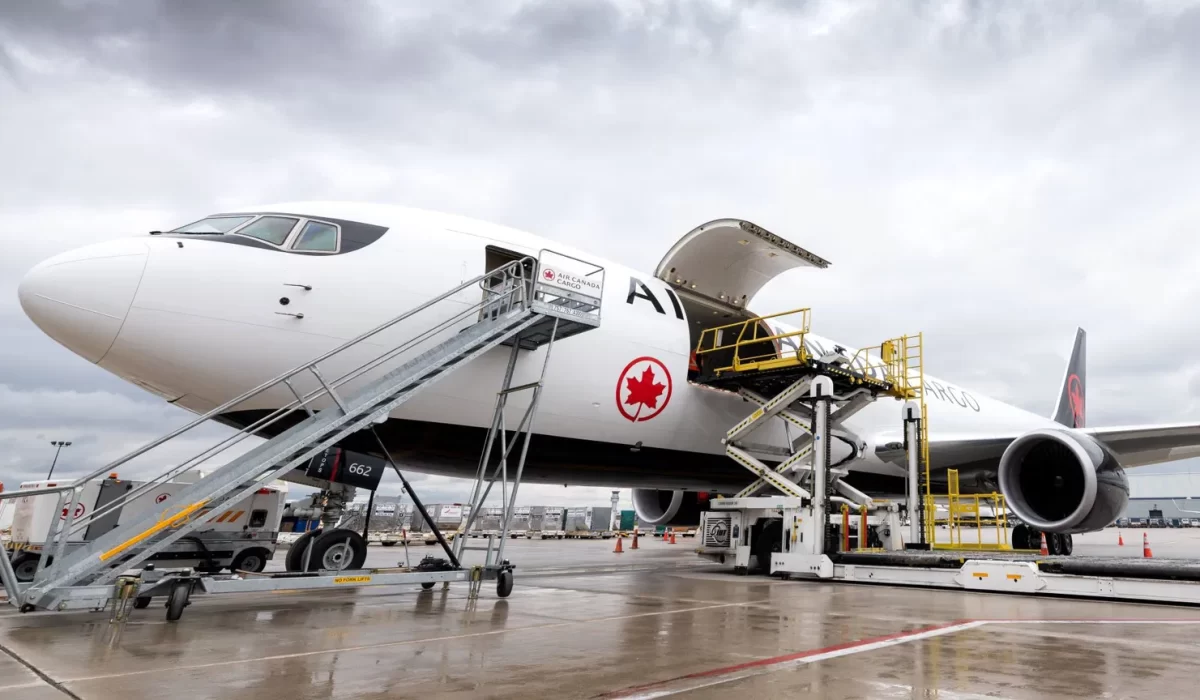Forced arbitration limits cargo disruption for shippers
(UPDATED Sunday Aug. 17, 2025,1:30 p.m. ET)
The government of Canada on Saturday ordered Air Canada and flight attendants back to the bargaining table and submit to binding arbitration, allowing the flag carrier to resume operations 12 hours after flight attendants went on strike earlier in the day.
Minister of Jobs and Families Patty Hajdu said the move was necessary to protect the Canadian economy as it deals with new tariff headwinds. The Canadian Union of Public Employees, which represents Air Canada’s 10,000 flight attendants, decried the forced arbitration, saying it undercut the bargaining power of workers.
“The Liberal government under Mark Carney has done incalculable damage to the charter and workers’ rights by siding with Air Canada to crush the rights of flight attendants at Air Canada,” the union said in a statement. This is absolutely shameful and a blatant betrayal,” said CUPE National Secretary-Treasurer Candace Rennick. “The government’s decision to intervene on behalf of an already wildly profitable employer, while a predominantly female workforce fights tooth and nail for a path out of poverty, is not just unjust, it’s a disgraceful misuse of power that reeks of systemic bias and corporate favoritism.”
Air Canada (TSX: AC) said in a statement on Sunday that it postponed a restart of operations until Monday evening because CUPE directed flight attendants to defy a return-to-work order from the Canadian Industrial Relations Board. About 240 flights were scheduled to operate beginning in the afternoon and have been canceled. Typically the carrier operates 700 flights per day, but expects it will take several days before operations return to normal because the suspension of operations put aircraft and crews out of position for normal schedules
The intervention, requested by Air Canada and business groups, is a relief for travelers and businesses that ship goods by air. The Canadian Chamber of Commerce and the Canadian Federation of Independent Businesses previously expressed concern that a work stoppage would hinder the flow of critical goods such as pharmaceuticals, perishable foods, and machinery and hurt companies already impacted by escalating trade tensions with the United States.
Air Canada Cargo implemented plans to keep its freighter fleet operating, albeit with a modified schedule.
CUPE set a strike deadline for Saturday morning after eight months of contract negotiations failed to produce an agreement. Air Canada began grounding its fleet on Thursday.


